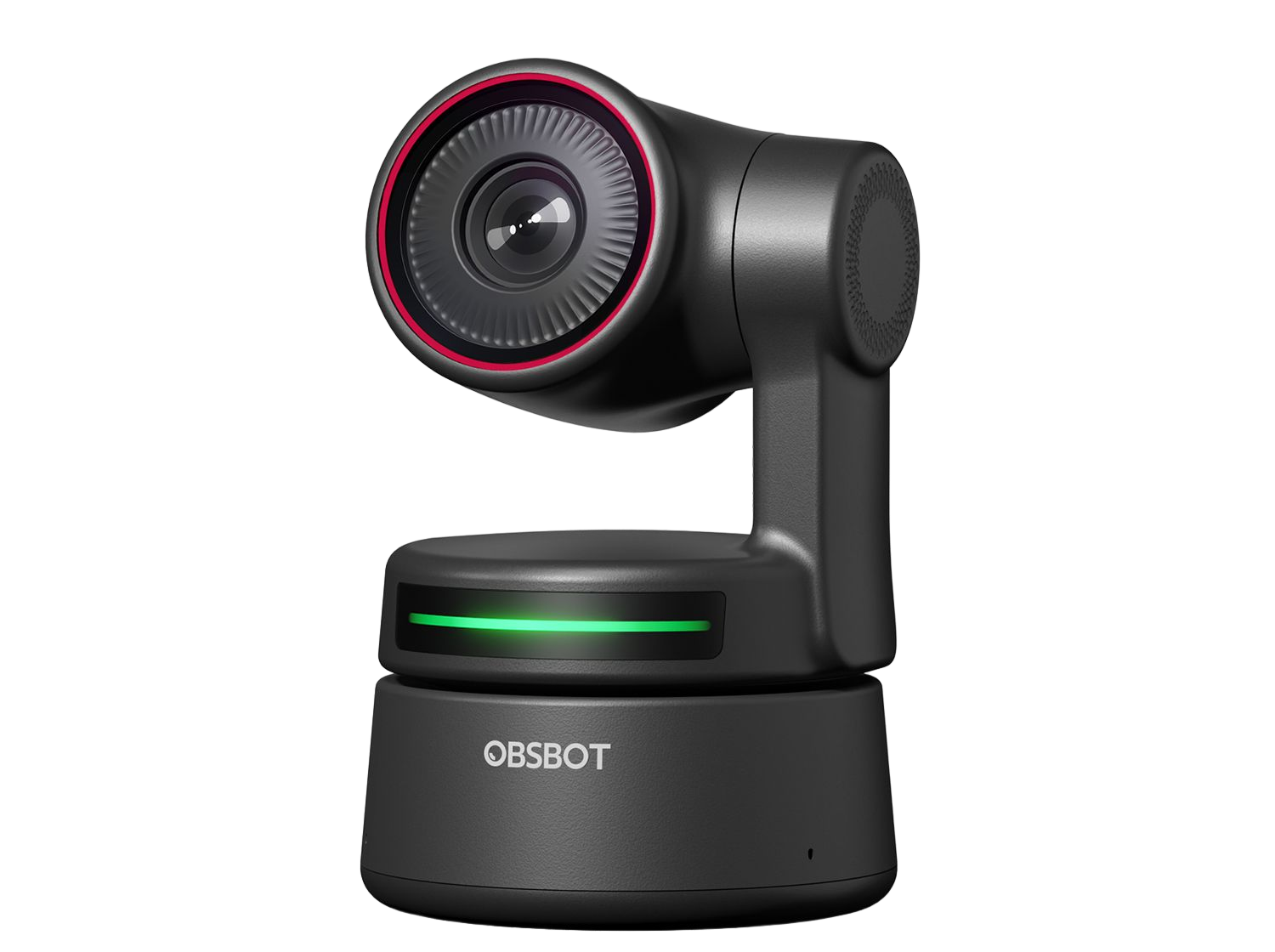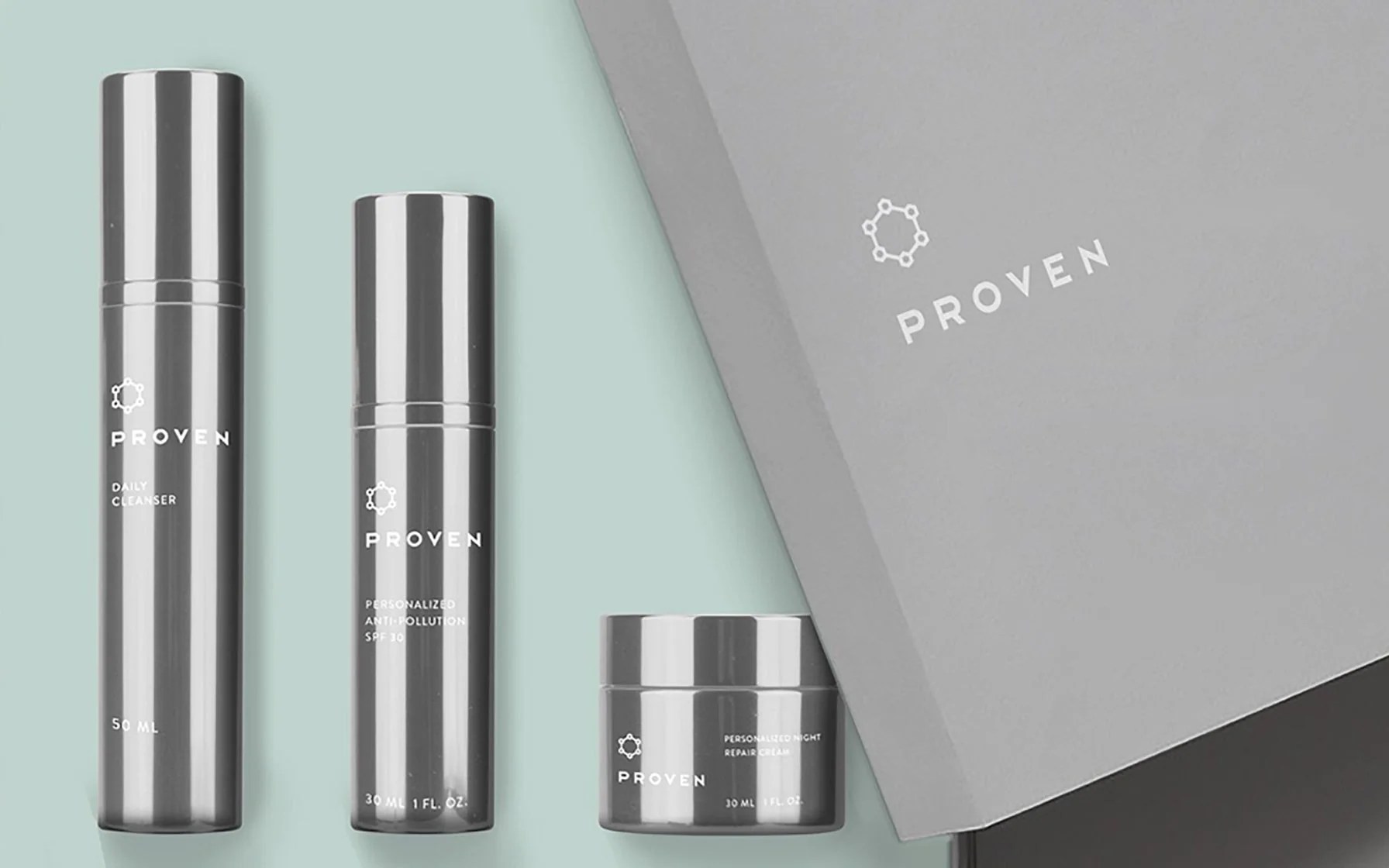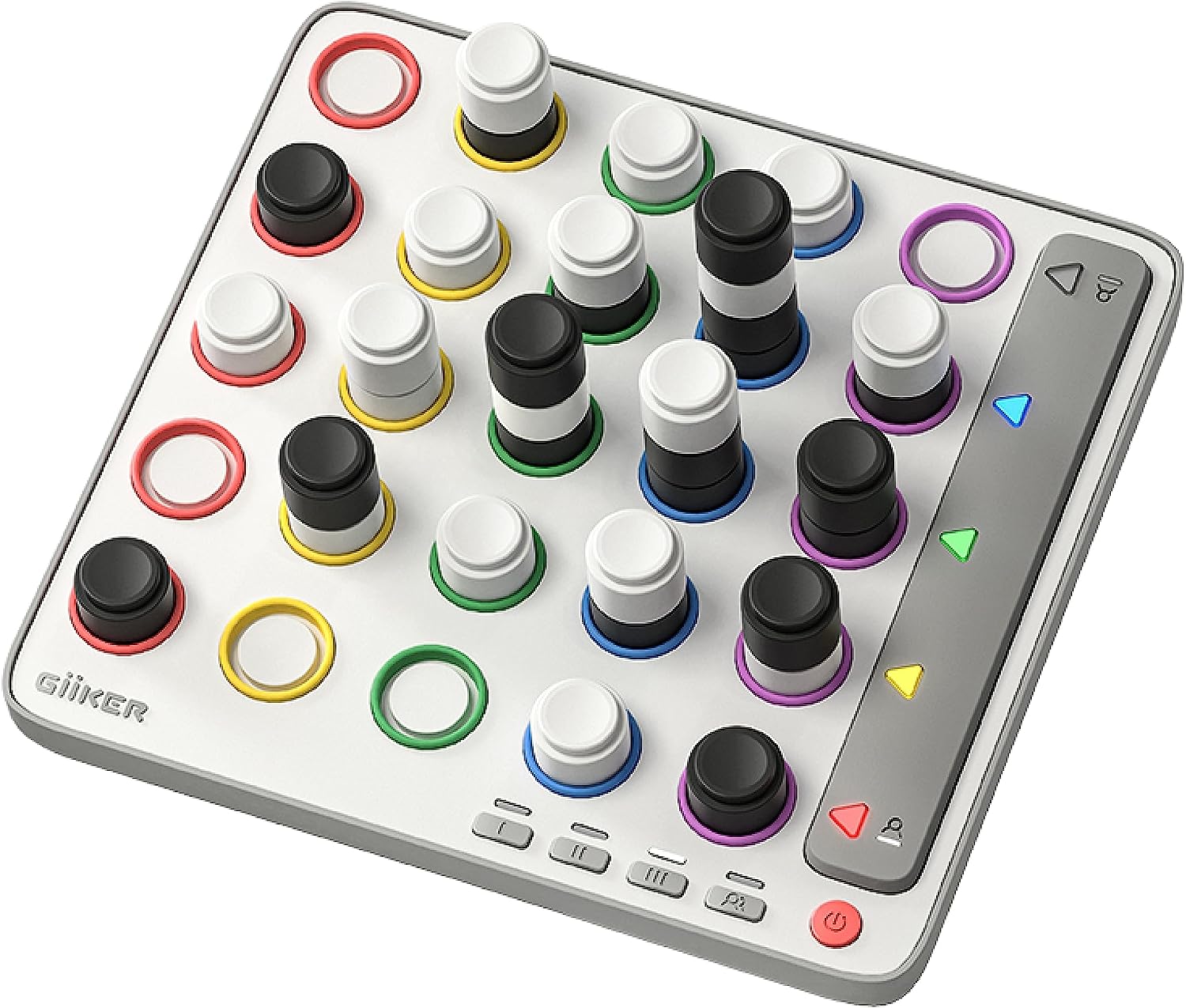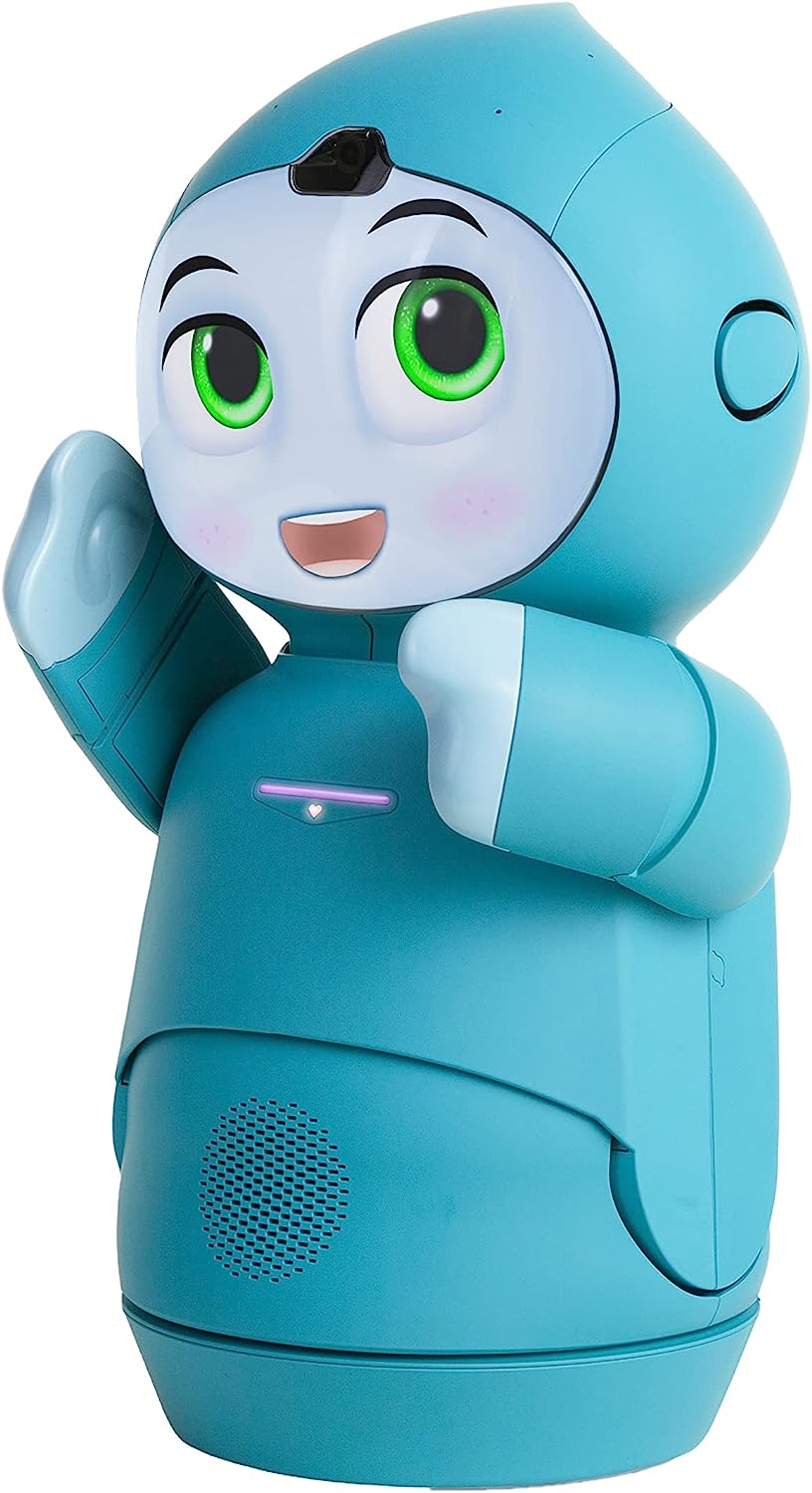As the holiday season approaches, I, like everyone else with the means and mental bandwidth, am brainstorming what to get the loved ones in my life. Or rather, I would be… but to be fully transparent, the irksome little procrastinating voice in my head has gotten the better of me this year. So it goes.
But hey, I wrote an AI-themed gift guide for TechCrunch. That counts for something, right?
Truth be told, the gift guide — which you’ll find below the fold — scratched a curiosity itch of mine: Which AI-powered toys and products if any are worth gifting in 2023? As someone who covers AI and machine learning rather cynically these days, I wasn’t sure I’d be able to find any to suggest with confidence. But to my surprise, AI-powered products aren’t all problematic. In some cases, AI can be a real time saver, productivity booster and otherwise entertaining piece of gadgetry.
It’s a little all over the place, my roundup — ranging from toys to skincare to gizmos and games. And not every product’s from this year. Instead of focusing on the new, I tried to assemble a range of devices that showcase the potential fun and usefulness of AI rather than, say, its surveillance applications (hence the lack of security systems).
It’s my hope you’ll find something that appeals here. If not, perhaps I’ll have ChatGPT write next year’s guide…
This article contains links to affiliate partners where available. When you buy through these links, TechCrunch may earn an affiliate commission.
Proven
Price: Varies from Proven
Y Combinator-backed startup Proven, which TechCrunch covered a few years ago, uses AI to attempt to figure out which skincare or fragrance ingredients might be appropriate for a prospective customer.
Potential buyers fill out a survey on Proven’s website, answering questions about things like their age, ethnicity, skin type and skincare priorities. On the backend, Proven uses a product-ingredient-matching algorithm trained on user reviews for skincare and scent products from around the web and a subset of relevant peer-reviewed academic papers.
Now, with so many factors at play that can affect people’s skin and BO, like diet, exercise, lifestyle, even genetic conditions, Proven’s no silver bullet. But its success suggests that there’s something to it.
Recently, Proven — whose scent brand, Noteworthy, is reportedly raking in $5 million in revenue — expanded into the U.K. and Europe and inked an agreement with beauty retailer Sephora. And Proven raised $12.2 million from NewH2 with participation from existing investors, which the startup plans to use to expand its team and product lines.
Proven offers five products at present: personalized cleaner, day moisturizer, night cream, day eye cream and night eye cream.
Obsbot
Price: $179 from Amazon

In this post-pandemic work-from-home world, everyone needs a webcam — including this writer, who’s long neglected to buy one out of principle (and sheer stubbornness). But if there’s a model that might finally win me over, it’s the Obsbot, which uses AI to track your face — automatically panning to keep you in focus whichever direction you might fidget or lean.
I’m specifically referring to the Obsbot Tiny PTZ 4K; it’s Obsbot’s second-generation webcam, and it’s designed to address the original’s minor technical shortcomings. While admittedly pricey at $239, the Tiny PTZ 4K comes loaded with features aimed at making videoconferencing less painful than it needs to be.
In addition to the aforementioned AI face tracking, which uses an algorithm and motorized gimbal to spot your face and then physically rotate and dip the webcam to keep you centered in video calls, the Tiny PTZ 4K has the nifty ability to shoot up to 4K video or 60fps at 1080p. That makes it competitive with other high-end webcams — but with the added benefits of configuration toggles for optical zoom, tilt and much more.
The Tiny PTZ 4K can even recognize hand gestures to serve as shortcuts for various actions. Holding your hand out registers you as the “target” for the camera to follow, while making an “L” shape with your fingers zooms in and out.
Smart Four
Price: $52.79 from Amazon
Games generally make good gifts — and not just for kids. After all, age is but a number (or so I’ve been told — my joints suggest otherwise). And what’s even cooler than a plain-Jane game? An AI-powered board game — that’s what.
Enter Smart Four, which its maker, Giiker, describes as a “3D AI-powered four-in-a-row game.” Two opponents square off in a race to line up four pegs on a 5x5x5 board, which sounds easy enough. But in the absence of a human opponent, Smart Four’s AI takes over — fiercely competing for dominance across three levels of difficulty.
Smart Four has other neat features to recommend it, like a built-in “referee” system that relies on pressure-sensitive buttons to record all moves (and keep distractible players on track). Giiker claims that the game encourages cognitive skill-building, particularly spatial thinking, pattern recognition and strategic planning. But whether that’s true or not, it looks to be a fun, screen-free way to pass the time (e.g. long car rides).
Arccos Caddie
Price: $133.15 from Amazon
There comes a time in most golfers’ lives that they embrace technology to up their game — whether a mobile app to record their swing or a club with a built-in, force-measuring sensor.
On the more sophisticated end of the golf-augmenting product spectrum is the Arccos Caddie, which features a rangefinder — underpinned by algorithms — that adjusts in real time for wind (including gusts), elevation, altitude and temperature humidity. Algorithms are also a core part of the Arccos Caddie’s “strokes gained analytics” capability, which highlights strengths and weaknesses in a person’s stroke to guide their practice and equipment choices.
All that’s delivered via a subscription-based mobile app (that supports the Apple Watch), which draws on data from sensors designed to be attached to any golf club. In addition to rangefinding, the Arccos Caddie can perform automatic shot tracking, give suggestions relating to overall strategy and estimate how far to actually hit a club.
The Arccos Caddie includes a one-year subscription to the mobile app. After that, it’s an extra fee.
Moxie Robot
Price: $599 from Amazon
Since practically the dawn of time, children have been drawn to dolls of all sorts. Attempts at modernizing the timeless toys have met with varying degrees of success. But Moxie is one of the more successful, recent examples.
Developed by California-based startup Embodied, which is headed by a former NASA scientist, Paolo Pirjanian, Moxie uses a range of sensors — and AI — to interact with kids on an unusually deep level.
Kids can have “play-based” conversations with Moxie, talking to the robot — which can pivot around its base and make eye contact with its animated faceplate — about their interests. Or they can dive into a library of games, missions and lessons on topics ranging from recognizing positive emotions and expressing kindness to making friends and understanding social cues.
Because Moxie is able to hold open-ended dialogues, there’s concern, naturally, that these might veer into inappropriate territory. Embodied’s solution is what it calls KidFilter, which screens out content that might be objectionable for a child to hear.
Embodied claims that, in a study, 71% of children who used Moxie saw improved social skills. That’s internal research granted. Still, I can’t deny that the metric caught my eye.
Check out some of our other 2023 gift guides:
- The best tech gifts under $50
- 5 gifts for remote workers
- The best outdoor gift ideas
- The best subscription boxes
- Travel gifts for frequent fliers
- The best puzzle gifts of 2023
- The 20 best STEM toys
- 6 gifts for book lovers
- 8 Lego sets for kids and expert builders
- Tech-powered gifts for green thumbs
- The best gear for aspiring podcasters and streamers
This post originally published November 3, and has since been updated to reflect new prices and deals for Black Friday.




